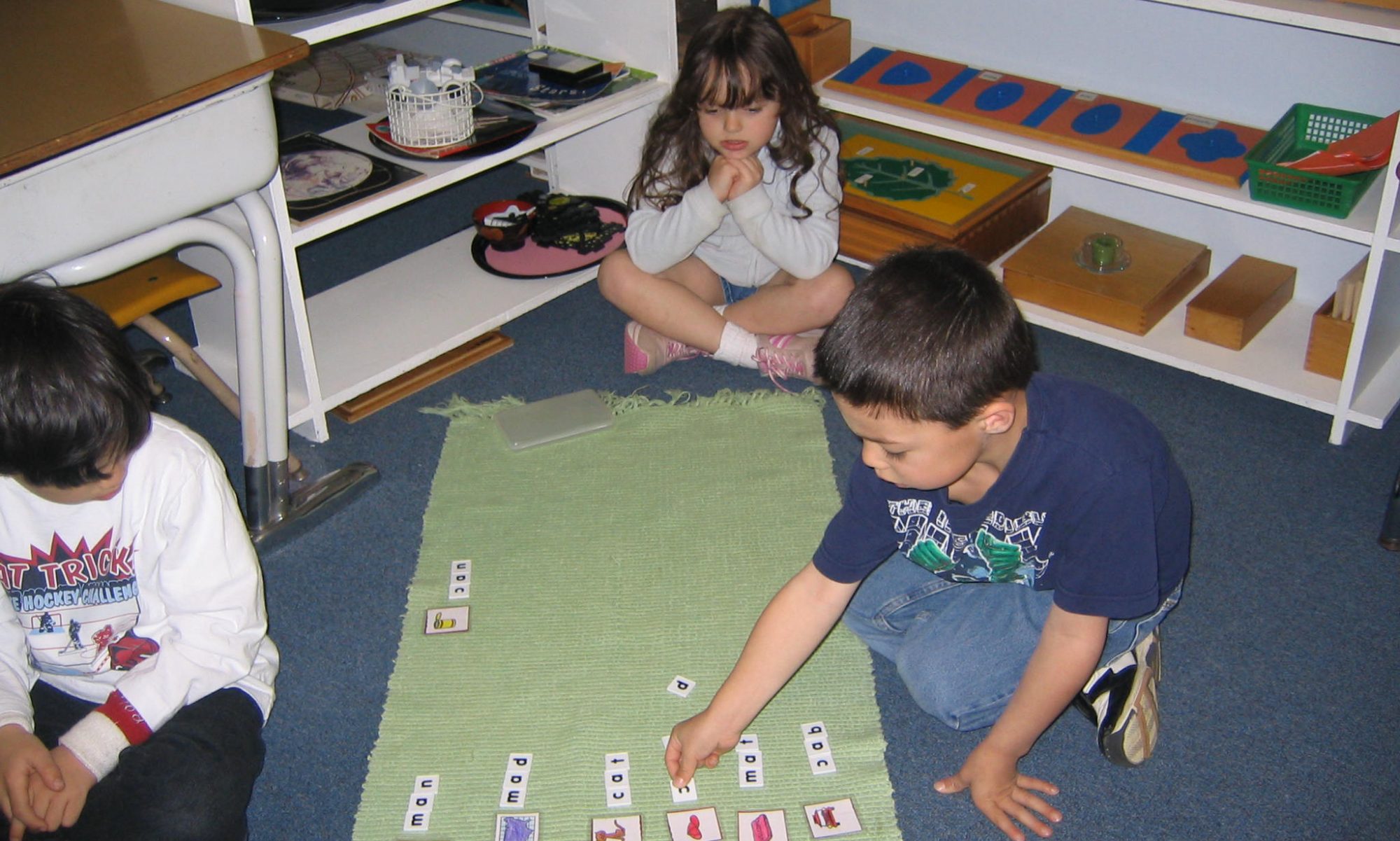One of the greatest gifts we can give our children is the joy of learning. And learning is a joyful activity when children are given the opportunity to progress at their own pace, challenged by lessons and educational materials designed to meet their individual needs.
We see a foundation for a lifetime of creative learning. To help each child achieve academic excellence, we use individualized lessons. And we offer a warm and caring environment where children can learn cooperation and respect for others.
In our educational efforts, we seek to support parents as they respond to the needs of the whole child–developing personal values and inner strength for the challenges of the diverse and changing world in which we live.
Please like us on our facebook page!
